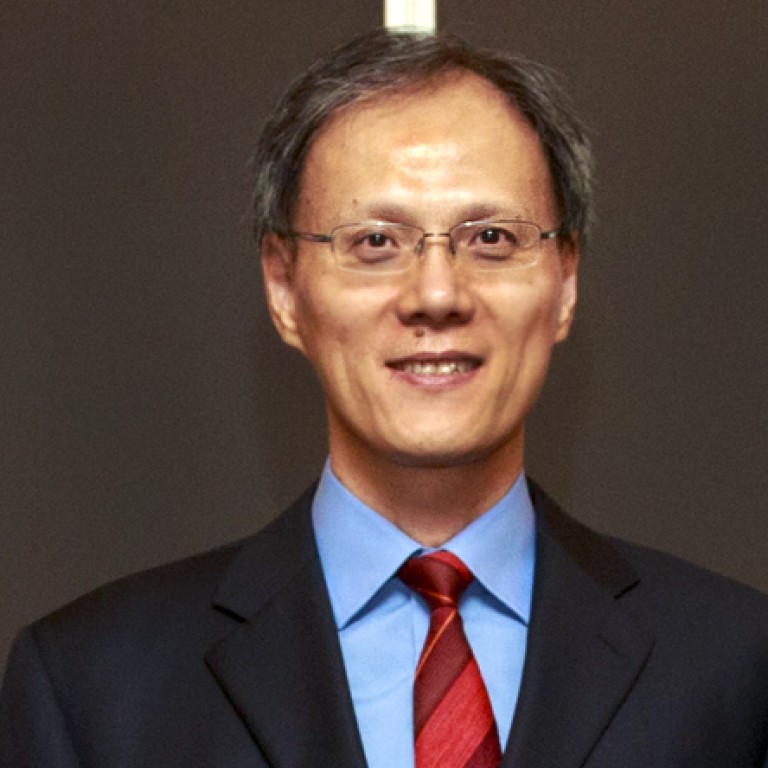
Beijing could veto Hong Kong chief executive candidates: official think tank
Mainland think tank includes separate chapter on HK in its annual Blue Book on rule of law for first time amid debate over chief executive poll
A mainland think tank has for the first time included a separate chapter on Hong Kong in its annual Blue Book on rule of law, raising the stakes as the city engages in a heated debate over arrangements for electing the chief executive in 2017.
The chapter was compiled for the Chinese Academy of Social Sciences by a legal academic at City University, Lin Feng. Lin wrote that the central government had reportedly vetoed ministerial candidates recommended by the Hong Kong government and so it would be "definitely possible" for Beijing to veto any chief executive candidate deemed unacceptable.
Separately, Li Lin, head of the academy's institute of law, said an interpretation of the Basic Law could settle any dispute over political reform, although such a suggestion was not included in the report. Li said that Beijing had the ultimate right to appoint the chief executive but that an interpretation by the Standing Committee of the National People's Congress might be needed to decide how to implement that right.
"If the dispute [over reform] is too big, it would be hard to forge a consensus through deliberation. At the end, we might have to … seek an interpretation," he said in Beijing yesterday.
Lin told the that he was invited to write the chapter in the middle of last year, adding that it was "logical and sensible" for the academy to include a separate chapter on Hong Kong in its annual report.
The Legislative Council's chairman, Jasper Tsang Yok-sing, said the Blue Book's argument did not reflect Beijing's official thinking. He said the city would suffer political turmoil if the central government refused to appoint the chief executive elected by universal suffrage in 2017.
Veteran China-watcher Johnny Lau Yui-siu said the academy was not a high-level think tank. "It is more about how mainland scholars interpret the will of Beijing," he said.
The chapter by Lin lamented the government's failure to offer an explanation for its decision to grant only two free-to-air TV licences. PCCW's Hong Kong Television Entertainment and i-Cable's Fantastic TV received licences. Ricky Wong Wai-kay's Hong Kong Television Network did not.
Meanwhile, Chief Secretary Carrie Lam Cheng Yuet-ngor has invited lawmakers and officials from the central government's liaison office for four breakfast meetings, starting from March 18, to discuss political reform.
Civic Party lawmaker Ronny Tong Ka-wah said not every pan-democrat would attend the meetings and he urged Lam to arrange separate meetings for parties to allow for more fruitful discussions.
The barrister added an interpretation of the Basic Law would only solve constitutional problems, not political ones. "I hope the central government could stay restrained," he said.
The government began a five-month consultation on reform in December. Electoral reform in Hong Kong will require Beijing's approval and a two-thirds majority in the Legislative Council.

